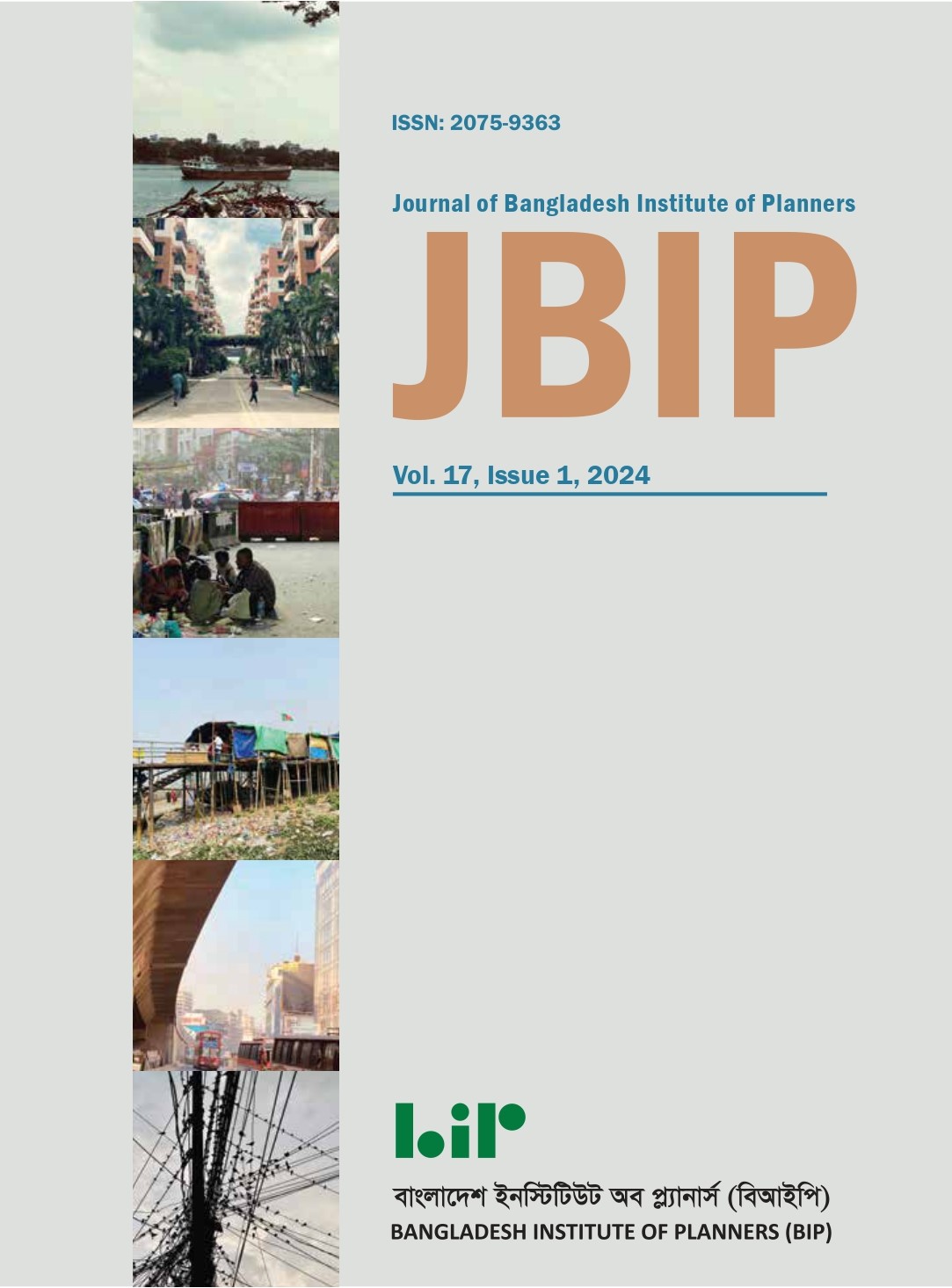A comprehensive assessment of the problems and evaluating the recreational value of Patenga Sea Beach tourism site using TCM
DOI:
https://doi.org/10.3329/jbip.v17i1.79878Keywords:
Non-market valuation, Linear Regression, travel costs, Consumer surplus and recreational valueAbstract
The Patenga Sea Beach is one of most well-known beaches of the world. This study investigates the recreational value of this beach, utilizing the Travel Cost Method (TCM) to assess visitor behaviour and economic value. The research addresses a critical gap in the understanding of beachgoer characteristics, their recreational preferences and essential elements for developing effective coastal management policies in developing nations. Through a comprehensive on-site survey of 245 respondents, the study collected detailed data on visitors' socioeconomic profiles, travel expenditures, and willingness to pay (WTP) for beach recreation. The methodology employed both linear regression and semi-log linear models to analyse the data, with particular attention to the effectiveness of value transfer approach in estimating the recreational use value. The findings reveal significant patterns in visitor demographics and behaviour, notably that the majority of beachgoers belong to middle-income groups and predominantly utilize public transportation, facilitated by the absence of entrance fees. The analysis quantified the consumer surplus at 190.38 BDT (1.59 USD) per person per visit, representing the tangible economic benefit derived from beach recreation. This value provides a crucial benchmark for policy considerations and resource allocation decisions. The research contributes to the broader understanding of coastal recreation economics in developing countries, demonstrating the practical applicability of TCM in valuing natural recreational resources. Furthermore, the study's findings offer valuable insights for beach management strategies, particularly in balancing accessibility with sustainable resource management. This study thus makes a significant contribution to the literature on recreational economics and coastal resource management. Also present a replicable framework for assessing recreational value of similar coastal destinations, while the economic valuation provides concrete data to support evidence-based policy making in coastal tourism management.
JBIP, Vol. 17, 2024, pp. 34-48
Downloads
257
379




